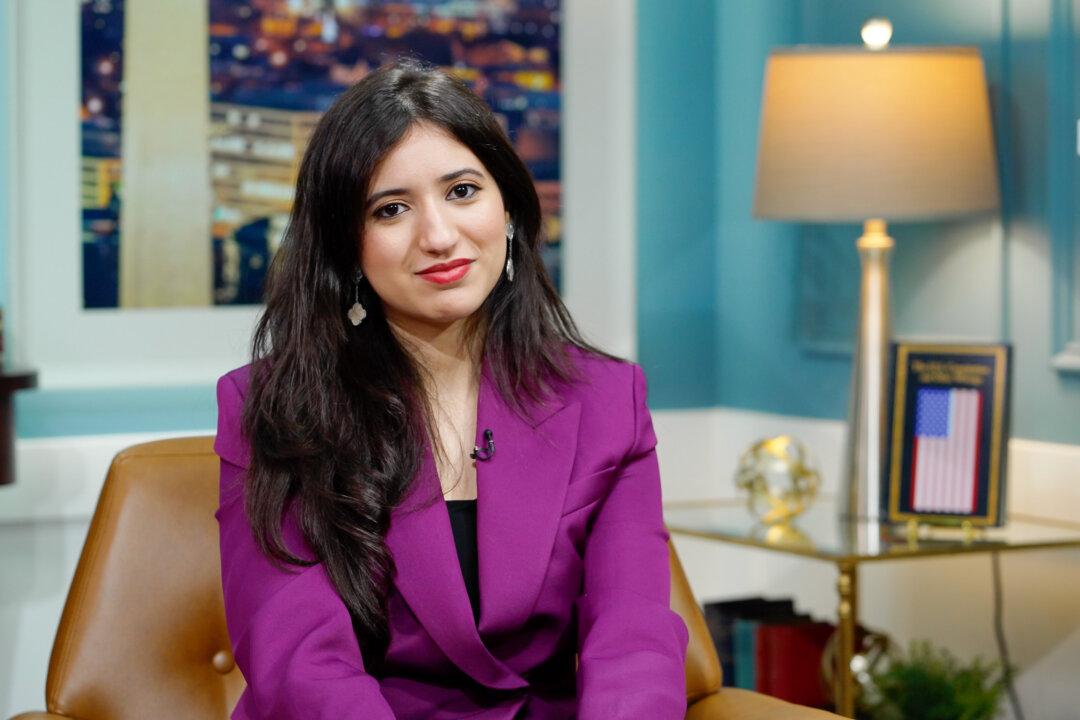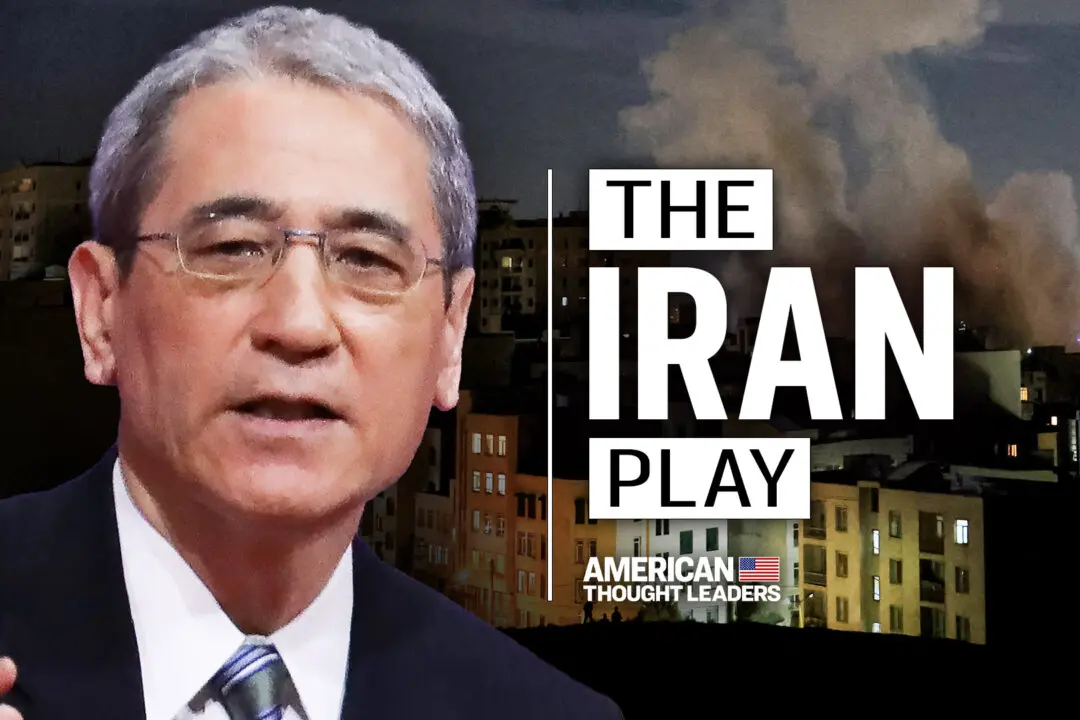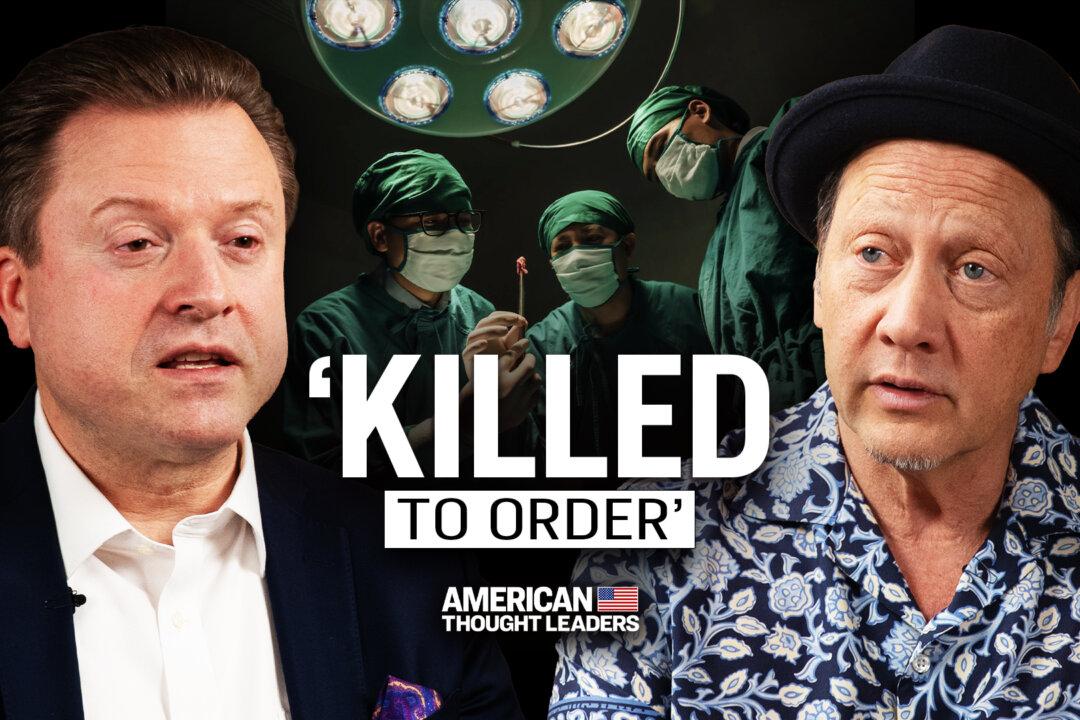Garrett Brown, a professor of global health policy who was recently hired by the World Health Organization (WHO) to determine whether its $31.1 billion plan for pandemic preparedness and response is feasible, has expressed concerns about the cost-effectiveness of the initiative.
The $31.1 billion fund is the estimated need for pandemic response at all regional, national, and global levels, Brown said in an April 22 interview with EpochTV’s “American Thought Leaders” program. The estimate has been made by the WHO, the G20, and the World Bank. However, Brown is apprehensive about whether the initiative will succeed in getting that much funding.






